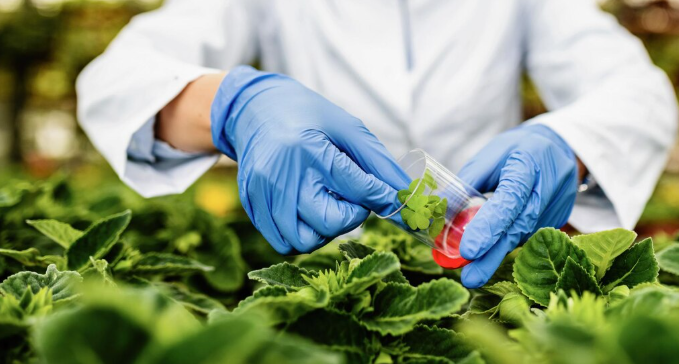If you’re a consumer of kratom, you may have seen brands mention “lab tested” on their packaging. But do you know what it actually means? Well, lab testing is one of the most important steps that helps confirm the safety, authenticity, and consistency of the product from batch to batch.
As kratom is a natural plant, its quality can vary depending on where it’s grown, how it’s harvested, and how it’s stored. Without proper testing, products could contain harmful contaminants, inaccurate alkaloid levels, or materials that don’t belong there.
This is why reputable sellers rely on third-party lab testing to verify safety and purity before selling kratom to consumers.
Here are the key tests that are typically performed.
What is Tested During Kratom Lab Testing?
Here’s what’s tested in kratom testing labs:
Microbial Testing
Plants can naturally come into contact with microorganisms like bacteria, mold, or yeast. When kratom leaves are not properly dried, handled, or stored, this risk increases.
Microbial testing involves checking for harmful pathogens such as Salmonella, E. coli, fungi, and other microorganisms. If present, these can cause illness or infection. Passing microbial testing means the product is safe for consumption and has been handled responsibly from farm to packaging.
Alkaloid Profile Testing
Kratom contains active compounds, most commonly mitragynine and 7-hydroxymitragynine. These alkaloids are what give kratom its unique characteristics.
Alkaloid profile testing is all about measuring:
- Which alkaloids are present
- How much of each alkaloid is in the product
- Whether the levels match the label
This ensures consistency and transparency. Without this testing, consumers may receive kratom that’s weaker, stronger, or chemically different than expected.
Heavy Metals Testing
Soil, water, and environmental pollution can introduce heavy metals into crops. In some regions, this risk is higher due to farming practices, industrial runoff, or natural mineral deposits.
Heavy metals testing screens for substances like:
- Lead
- Arsenic
- Mercury
- Cadmium
These should be either absent or present only in extremely low, safe levels. This test helps protect long-term health and ensures the product meets accepted safety standards.
Contaminants Testing
Apart from microbes and heavy metals, labs also look for unwanted materials such as pesticides, herbicides, mold spores, or foreign plant matter. This confirms that the kratom is clean, pure, and free from substances that shouldn’t be there.
Why Does Lab Testing Matter?
Reliable lab testing builds trust between suppliers and consumers. It ensures safety, supports responsible industry practices, and helps buyers choose products confidently. If a brand openly shares lab reports, it’s usually a good sign. These reports give transparency, which shows exactly what’s in the product and what’s not.
Lab testing also helps prevent mislabeled or contaminated kratom from reaching the market, protecting both new and experienced users. Ultimately, it encourages accountability and raises the overall quality of the industry.
Final Thoughts
Kratom may be a natural product, but safety and quality should never be left to chance. Lab testing provides the reassurance that what you’re buying is clean, accurately labeled, and free from harmful contaminants. It also encourages honesty and higher standards within the industry.
So, third-party lab reports are one of the smartest decisions you can make. Quality assurance isn’t just about trust but also about protecting your health.






Comments